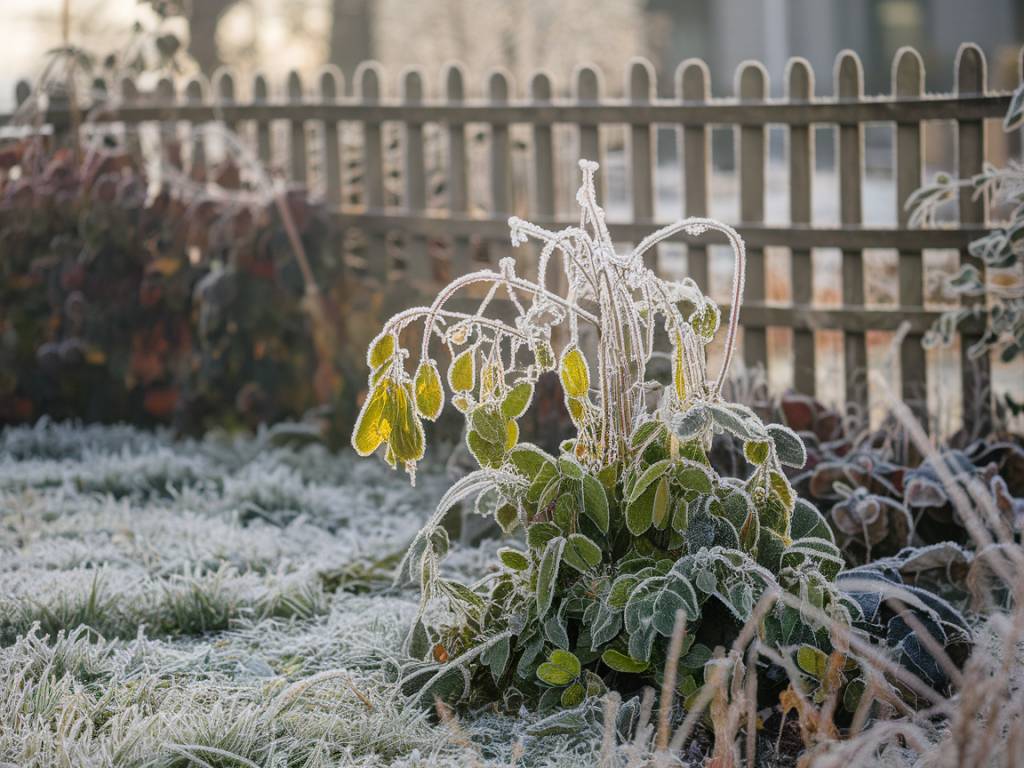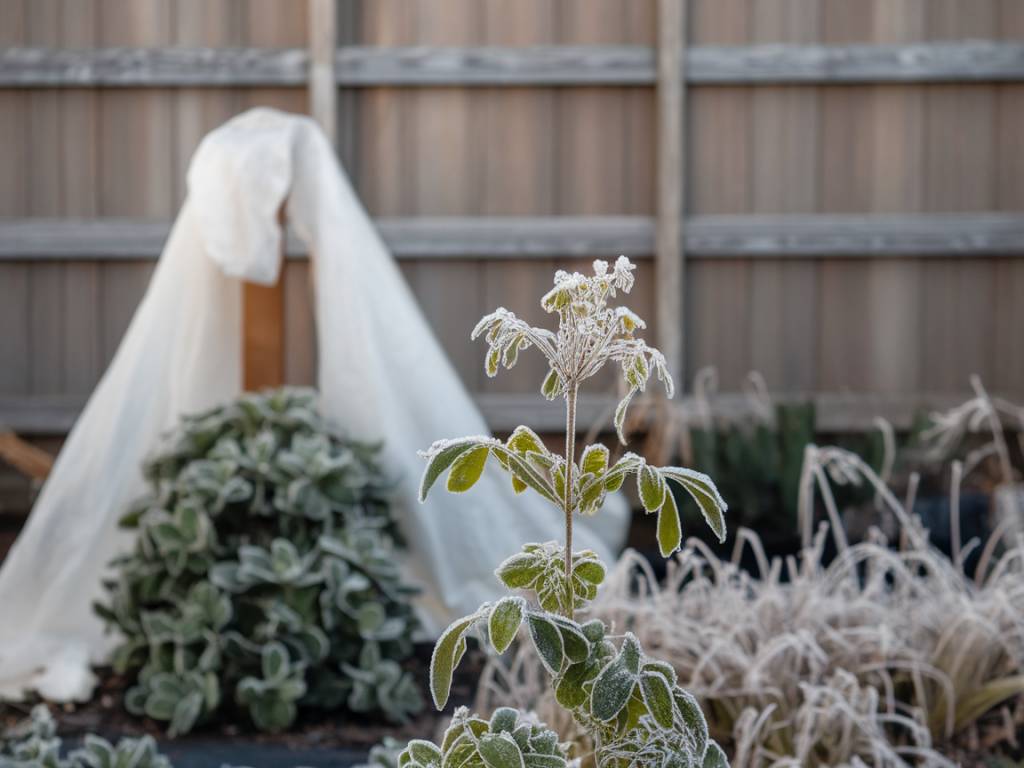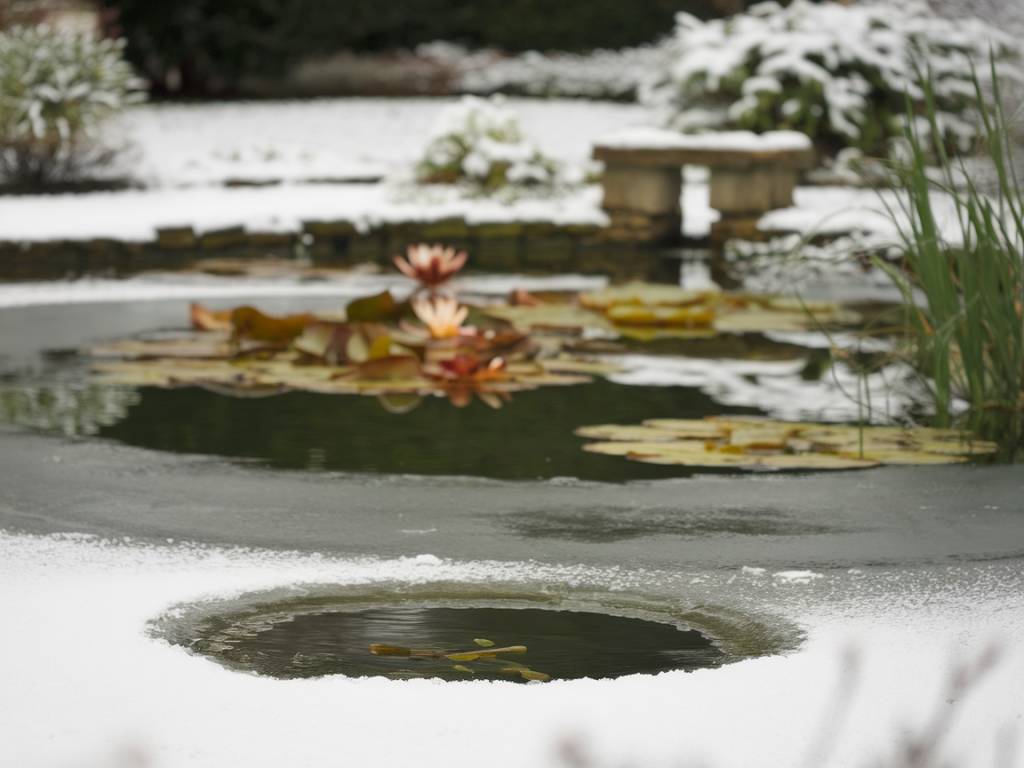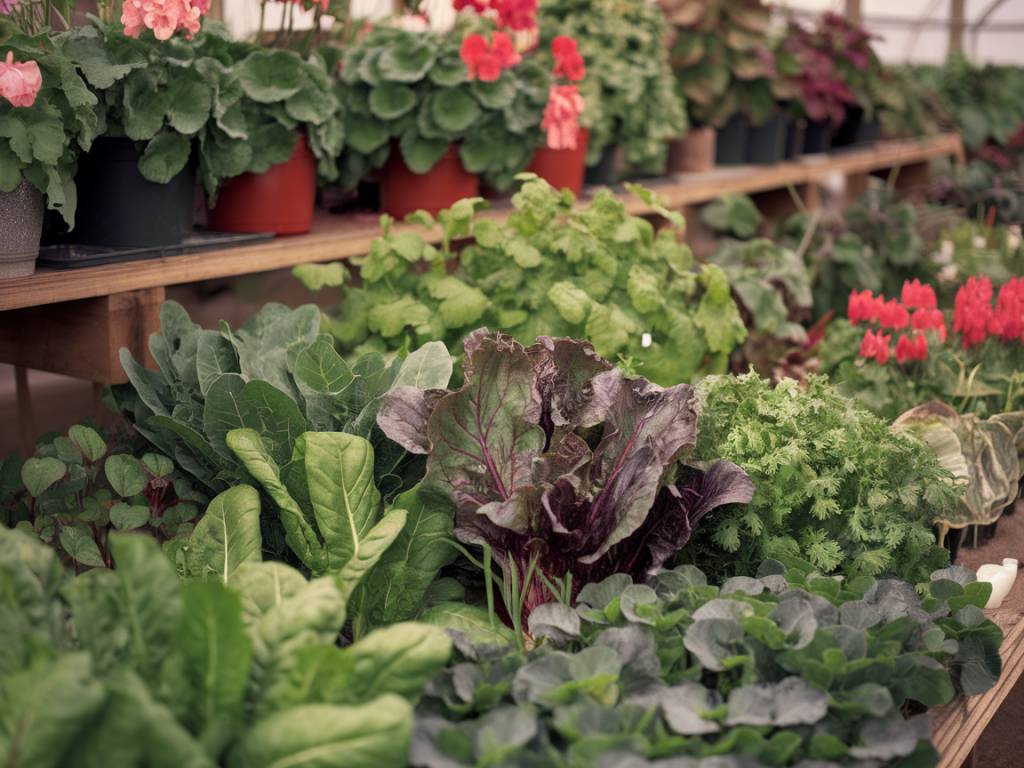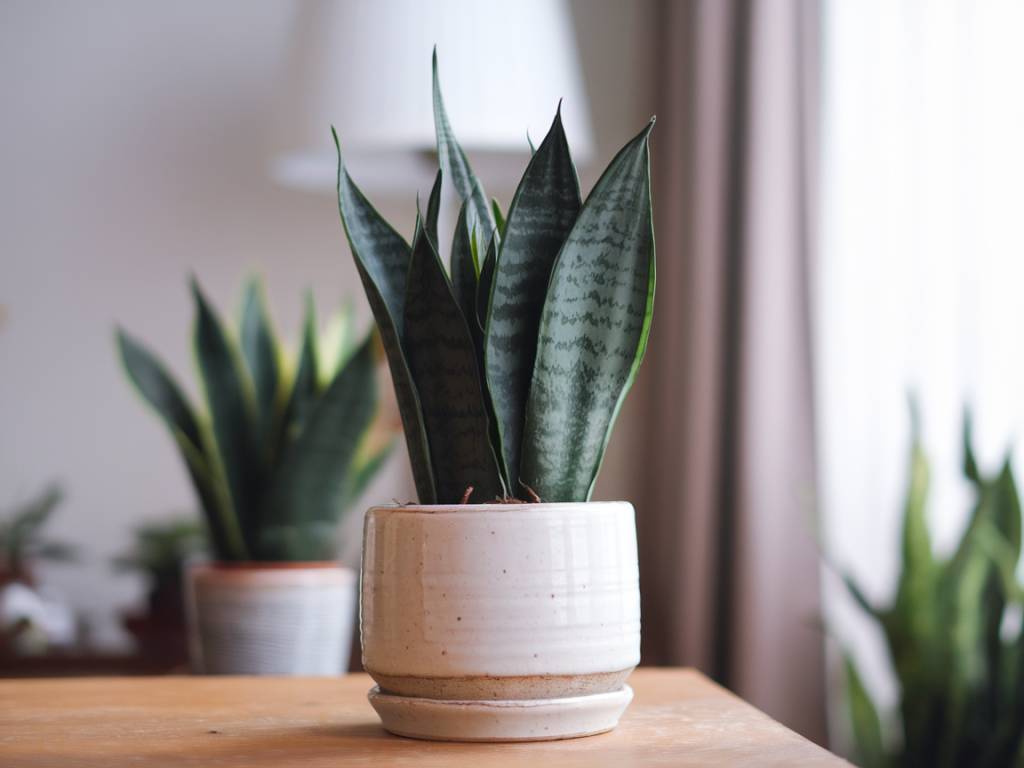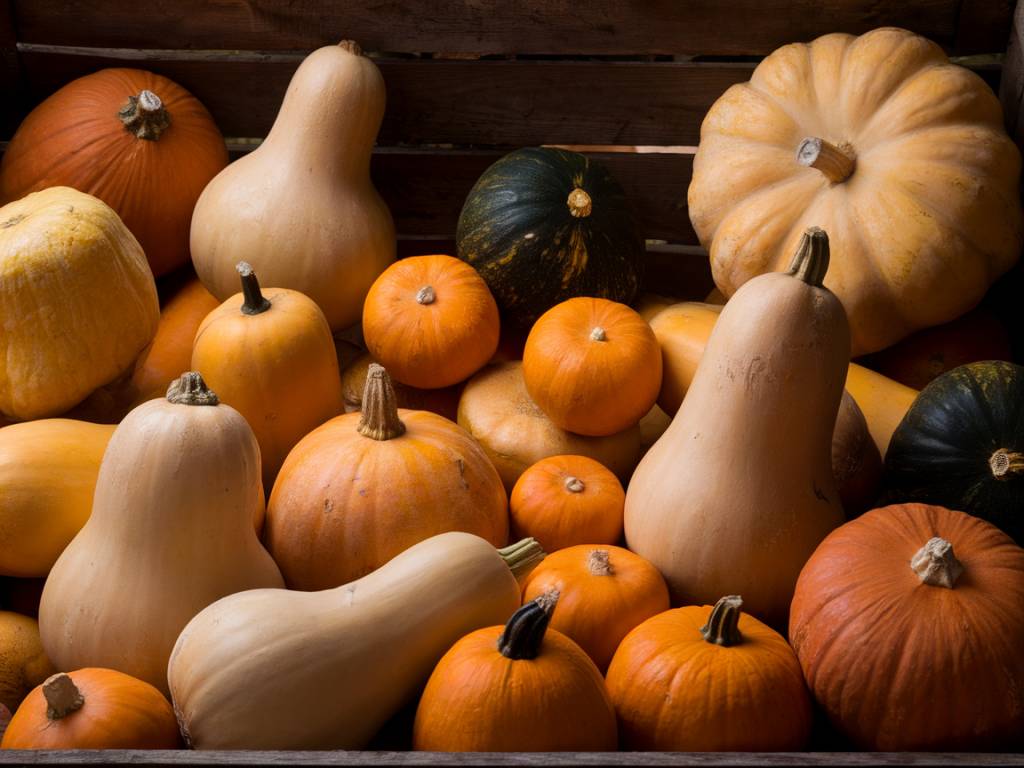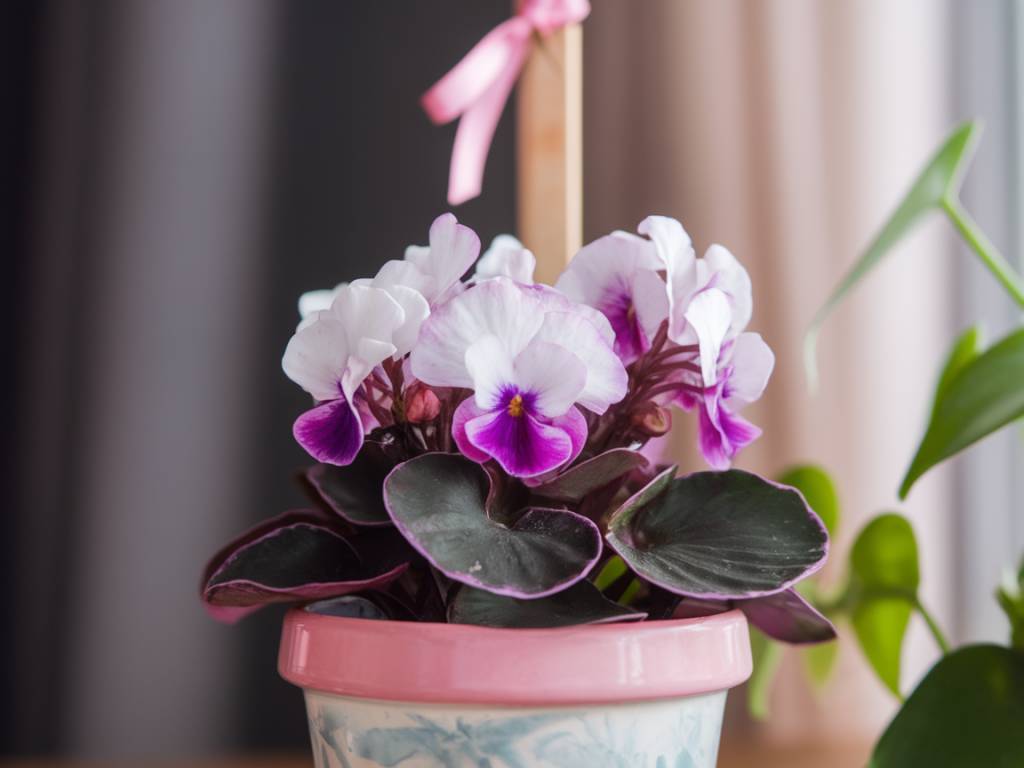Winter can often be a challenging time for gardeners, but it doesn’t have to be. Even in December and January, there are still plenty of opportunities to plant and prepare your garden for the coming seasons. I find that embracing the techniques of permaculture during these colder months provides a solid foundation for the year ahead. Here are some of the best practices, tips, and insights to help you make the most of your winter garden.
Embracing the Concept of Winter Gardening
Winter gardening may sound counterintuitive, but it’s all about using the season to your advantage. By focusing on plants that thrive in colder temperatures and creating an environment conducive to growth, you can keep your garden productive and beautiful even in the frosty months.
Choosing the Right Plants
Not all plants can withstand the chilly UK winters, but there are several that do quite well. Here are some of my favourites:
- Garlic: Garlic is perfect for winter planting. Plant cloves in well-drained soil in a sunny spot. By next summer, you’ll have a robust harvest.
- Onions: Onion sets can be planted in mid-winter. They require little maintenance and will provide a bountiful yield by late spring or early summer.
- Broad Beans: Hardy varieties of broad beans can be sown directly into the ground from November to January. They’ll be ready for picking in late spring.
- Spinach: This cold-hardy plant can be sown in a cold frame or greenhouse, offering fresh greens throughout winter.
- Winter Lettuce: Varieties such as lamb’s lettuce and winter gem thrive even in chilly weather, giving you fresh salads long before spring.
- Peas: Hardy varieties such as ‘Meteor’ can be sown in the winter to give you a head start on the spring season.
- Perpetual Spinach: This resilient plant produces leafy greens throughout winter and well into the warmer months.
- Kale: Kale is extremely cold-hardy, and the flavor often improves after a frost. It’s a staple in my winter garden.
Soil Preparation and Health
Healthy soil is the cornerstone of any successful garden. During winter, it’s essential to keep your soil productive and protected:
- Mulching: A thick layer of organic mulch, such as straw or shredded leaves, helps insulate the soil, retain moisture, and suppress weeds.
- Green Manure: Planting green manure crops, such as clover or mustard, enriches the soil with nutrients and improves its structure. Sow these in late autumn, and dig them into the soil in early spring.
- Composting: Winter is a great time to work on your composting techniques. Even in cold weather, a well-managed compost pile can break down and provide valuable nutrients for spring planting.
- Cover Crops: Cover crops protect soil from erosion and improve fertility. Winter rye is a popular choice for this purpose.
Protecting Your Plants
Winter weather can be harsh, so protecting your plants is crucial:
- Cloches and Cold Frames: Use cloches or cold frames to protect tender plants from frost and wind. These structures create a microclimate that can extend your growing season.
- Fleece and Floating Row Covers: Light-weight frost fleece and row covers provide a layer of insulation, helping to keep the cold at bay.
- Windbreaks: Installing windbreaks, such as hedges or temporary fencing, can shield your plants from chilling winds.
- Insulating Pots: Wrap pots with bubble wrap or hessian sacks to protect the roots of potted plants from freezing temperatures.
Winter Pruning and Maintenance
Winter is also an excellent time for garden maintenance and pruning:
- Pruning Trees and Shrubs: Many deciduous trees and shrubs benefit from winter pruning. This is when they are dormant, making it easier to see their structure and ensure a healthier growth in spring.
- Tool Maintenance: Use this downtime to clean, sharpen, and oil your gardening tools. Well-maintained tools make gardening tasks easier and more efficient.
- Planning and Designing: Take this opportunity to plan your garden for the coming year. Consider crop rotation, companion planting, and new layout ideas to improve garden productivity and sustainability.
Working with Nature
Permaculture principles emphasize working with nature rather than against it. Winter is an excellent time to reflect on these principles and incorporate them into your gardening practices:
- Observe and Interact: Spend time observing your garden’s natural systems. Understanding how water, wind, and sun interact with your garden can help you make better decisions.
- Use and Value Renewable Resources: Take stock of the renewable resources available to you, such as rainwater or compost, and find ways to incorporate them into your gardening practices.
- Produce No Waste: Aim to create closed-loop systems where waste is minimized and resources are reused. Composting kitchen and garden waste is a great place to start.
- Integration vs. Segregation: Mix different plants and varieties to create a more resilient and productive ecosystem. Companion planting and intercropping are excellent techniques for this.
Winter gardening may require a bit more planning and effort, but the rewards are well worth it. By choosing the right plants, preparing your soil, protecting your garden from harsh weather, and embracing permaculture principles, you can keep your garden thriving even in the coldest months. Happy gardening!
Best wishes,
Samanta

